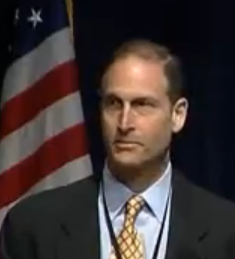A Quote by Elise Stefanik
One of the first bills I introduced in Congress was the Be Open Act, legislation to help ease an unnecessary, duplicative and punitive burden placed on employees and employers under the Affordable Care Act.
Related Quotes
The White House approved an exemption in Obamacare coverage for Congress and members of their staff. Members complained that the Affordable Care Act will cost them thousands extra a year in premiums. Wait a minute. It's their bill. If it's too expensive, why did they name it the Affordable Care Act?
We have health insurance companies playing a major role in the provision of healthcare, both to the employed whose employers provide health insurance, and to those who are working but on their own are not able to afford it and their employers either don't provide it, or don't provide it at an affordable price. We are still struggling. We've made a lot of progress. Ten million Americans now have insurance who didn't have it before the Affordable Care Act, and that is a great step forward.
I am of the view that the Affordable Care Act will be a transformative piece of legislation that can lower the cost of health care in the United States - perhaps our greatest fiscal obstacle - and help all Americans lead healthy and productive lives, free from worry that a single illness could mean ruin for an entire family.
I will continue to fight for legislation that forces Congress to read the bills! I will fight for a vote on my bill that calls for a waiting period for each page of legislation. I will continue to object when Congress sticks special interest riders on bills in the dead of night! And if Congress refuses to obey its own rules, if Congress refuses to pass a budget, if Congress refuses to read the bills, then I say: Sweep the place clean. Limit their terms and send them home!
































